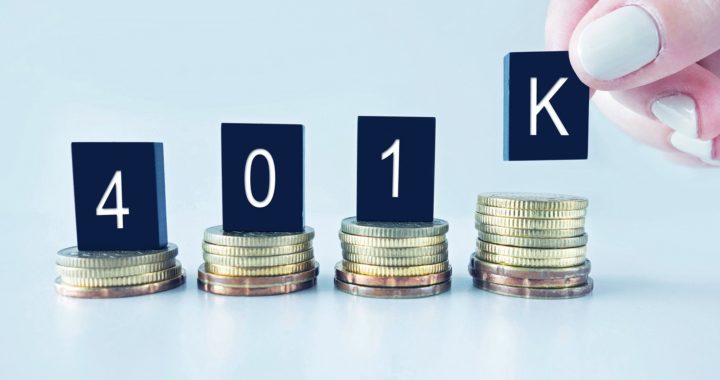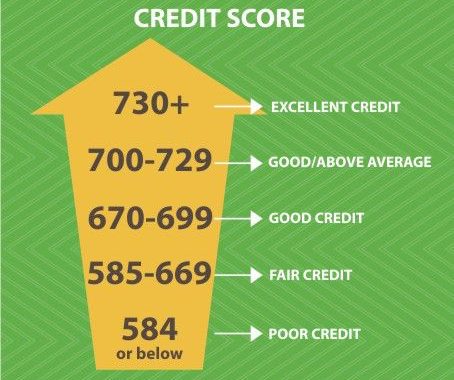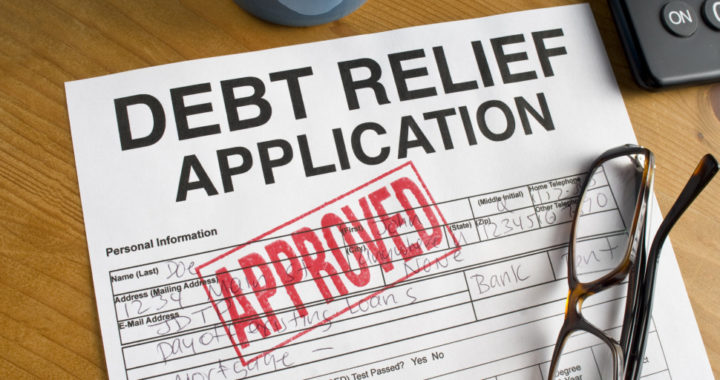Understanding Debt Relief vs Debt Settlement
Choosing between debt relief and debt settlement could be a little confusing if you do not supply the facts. You may realize you’ll need some form of tax assistance, however, you may not know how to obtain it. If you’re planning on each one of these programs, make sure you understand the benefits and drawbacks of each one.
Debt Relief Overview
The pros of the debt relief company include help organizing and paying down your existing debt. Once you contact a debt management company, they’ll help you contact creditors and are available to some form of agreement to cover less cash every month in your accounts. Although you will still need to pay all the money back, you may well be capable of negotiate more uncommon harassing phone calls and letters.
Debt management services work as a go-between along with you and your creditors. If you are uncomfortable conversing with people on the phone, this can be a great solution. As opposed to feeling intimidated by pushy and quite often obnoxious creditors, let a specialist speak to them. They will fully stand up to your rights as a consumer. The main negative to using a debt management services is that it make a difference your credit. Many lenders view the usage of these kind of companies in the negative manner. For this reason they could be less likely to lend money in the near future. Although, if your credit is in serious trouble, once you’ve gotten your debt in order, you can start to rebuild your credit and acquire back on your journey to financial independence.
Understanding Debt Relief vs Debt Settlement
Additionally, there are benefits and drawbacks to working with a debt settlement company. In case you are seriously in debt, like many Americans today, you will probably find a debt negotiation company more helpful. These professionals can assist you with credit card settlement or most other types of huge loans. Your debt settlement counselor works directly along with your creditors to barter a more manageable amount of money you need to repay. This really is sometimes done by heading out the delinquency fees or area of the interest. Most creditors are happy to find least a of area of the money they’re owed. This is especially valid with credit card settlement. A lot of the bad debts could be interest – therefore the company is not really loosing on much. Saving 40% to 60% is normal with most debt settlement companies.
Another positive part of debt negotiation is that it is pretty quick and the debt will probably be paid completely. For those who have trouble saving money for any settlement payment, the company may also be capable of assist you with that. As long as you’re behind on your own bills, you can use on of the companies to help negotiate a credit card settlement or any other loan payoffs quickly. If you are worried you will likely have to declare bankruptcy, debt consolidation is a superb alternative. An individual bankruptcy will stay in your credit file for quite some time. Tells creditors you might never pay back the money you borrowed. While using settlement option, future creditors will at least see that you made an effort to pay back the money. This should hopefully show that you’ve learned your lesson about borrowing more than you are able to repay.
Debt Relief vs Debt Settlement Closing Thoughts
Just as the debt management companies, your credit will be affected by using debt consolidation. Additionally you need to make sure you might be using a reputable company that has your own interest in your mind. When you’re debt free, be sure you hold the important information. This will help so you do not find yourself in financial trouble again, later on.
Harassing telephone calls can cause one to become depressed as well as less want to make payments on your overdue accounts. When you contact a debt negotiation company, they’ll take care of the telephone calls and you may acquire some solace and feel in control of your daily life again.








